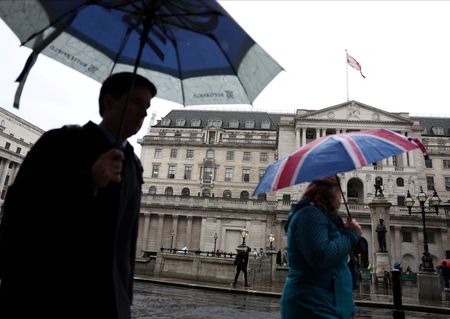By Kirstin Ridley
LONDON (Reuters) – Major European power cable suppliers face a London class action that is seeking hundreds of millions of pounds in damages over allegations that a cartel led to inflated electricity charges for at least 30 million consumers in Britain.
The proposed lawsuit, made public on Wednesday, alleges that Italy’s Prysmian SPA, France’s Nexans SA and Denmark’s NKT A/S, and three of their subsidiaries, overcharged network operators for power cables – and that those costs have been passed on in higher consumer bills since 2001.
Representatives for the companies did not immediately respond to requests for comment.
The claim is being led by Clare Spottiswoode, the former head of Britain’s gas regulator, who said the lawsuit would seek as-yet unspecified compensation for people who had paid domestic electricity bills on or after April 2001.
“I hope this will send a warning sign to any corporates who might contemplate anti-competitive behaviour in future and will recover appropriate redress for consumers who lost money as a result,” she said.
The European Commission paved the way for the case in 2014 when it fined 11 high voltage and submarine power cable companies, including the defendants, almost 302 million euros ($319 million) for operating a cartel between 1999 and 2009.
Spottiswoode, who is being advised by law firm Scott+Scott, says British energy suppliers bought high voltage power cables at an artificially inflated price and alleges this was passed on to consumers through the regulatory price control regime.
The case, which is being funded by Burford Capital, has been filed with the Competition Appeal Tribunal (CAT), a specialist London court that last August approved a bellwether 14 billion pound-plus ($17.3 billion-plus) consumer class action against global payments group Mastercard.
The CAT will consider whether to certify the case as an opt-out class action, which automatically binds a defined group into a lawsuit unless individuals opt out.
($1 = 0.9478 euros)
($1 = 0.8103 pounds)
(Reporting by Kirstin Ridley; Editing by Mark Potter)










